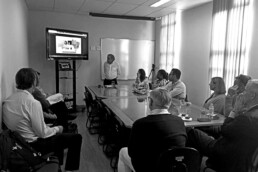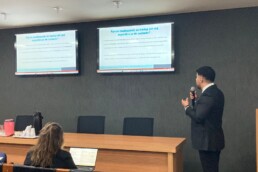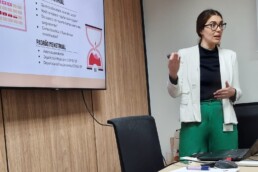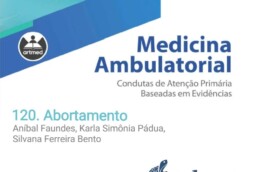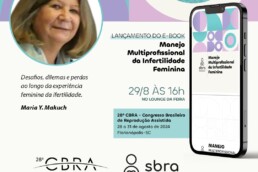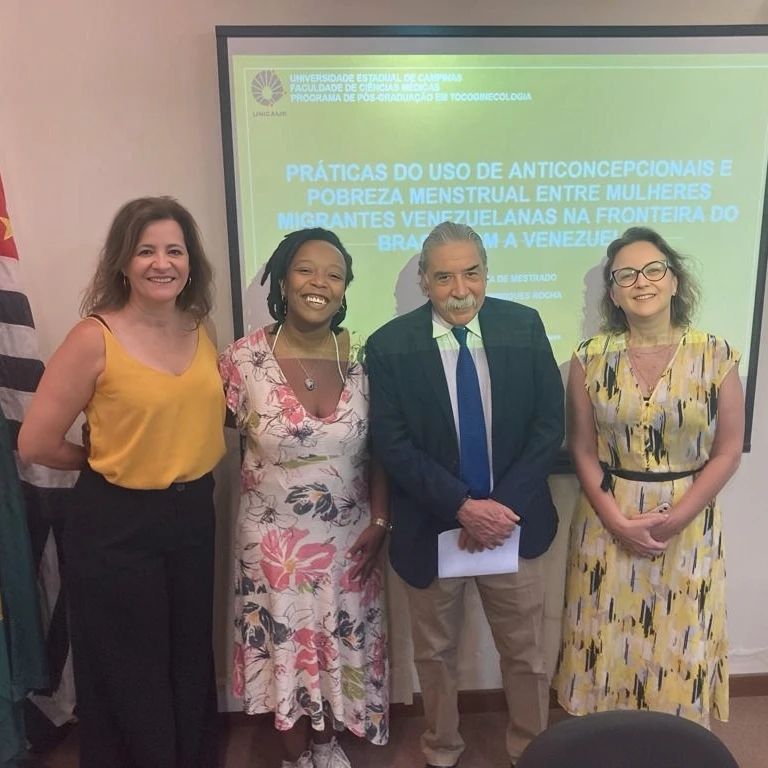 Today, 12/07/2023, master’s student Leila Rodrigues Rocha defended her thesis titled “CONTRACEPTIVE USE PRACTICES AND MENSTRUAL POVERTY AMONG VENEZUELAN MIGRANT WOMEN AT THE BRAZIL-VENEZUELA BORDER,” under the supervision of Prof. Dr. Luis Guillermo Bahamondes.
Today, 12/07/2023, master’s student Leila Rodrigues Rocha defended her thesis titled “CONTRACEPTIVE USE PRACTICES AND MENSTRUAL POVERTY AMONG VENEZUELAN MIGRANT WOMEN AT THE BRAZIL-VENEZUELA BORDER,” under the supervision of Prof. Dr. Luis Guillermo Bahamondes. Menstrual poverty among immigrants is a challenge often overlooked and underestimated, yet it significantly impacts the lives and dignity of women in vulnerable situations. This phenomenon describes the difficulty faced by low-income or immigrant women who lack adequate access to menstrual products, information about menstrual hygiene, and, in some cases, even basic sanitation services. For many immigrants, menstrual poverty becomes an additional barrier in an already complex context of adapting to a new culture, language, and social system. The lack of access to menstrual hygiene products not only affects physical health, increasing the risk of infections and gynecological complications, but also impacts mental health, self-esteem, and social integration. Addressing and resolving this issue is crucial. It is essential to provide free and dignified access to pads, menstrual cups, or other options, in addition to educating about menstrual health and ensuring appropriate places for changing and disposing of these products. Furthermore, it is necessary to promote inclusive policies that recognize the specific needs of immigrant women facing menstrual poverty. Acting to combat menstrual poverty among immigrants is not just a matter of health or access to basic products; it is a crucial step towards promoting gender equality, social inclusion, and respect for human dignity. Ensuring that all women, regardless of their socioeconomic status or migratory status, have dignified access to menstrual care is essential for building a more just and equitable society.
The student was a fellow at HUB/WHO/CEMICAMP.
Congratulations, Leila, on the achievement!




